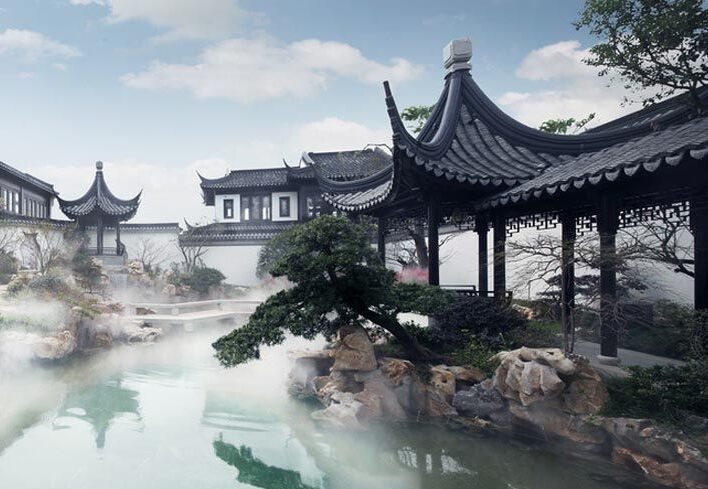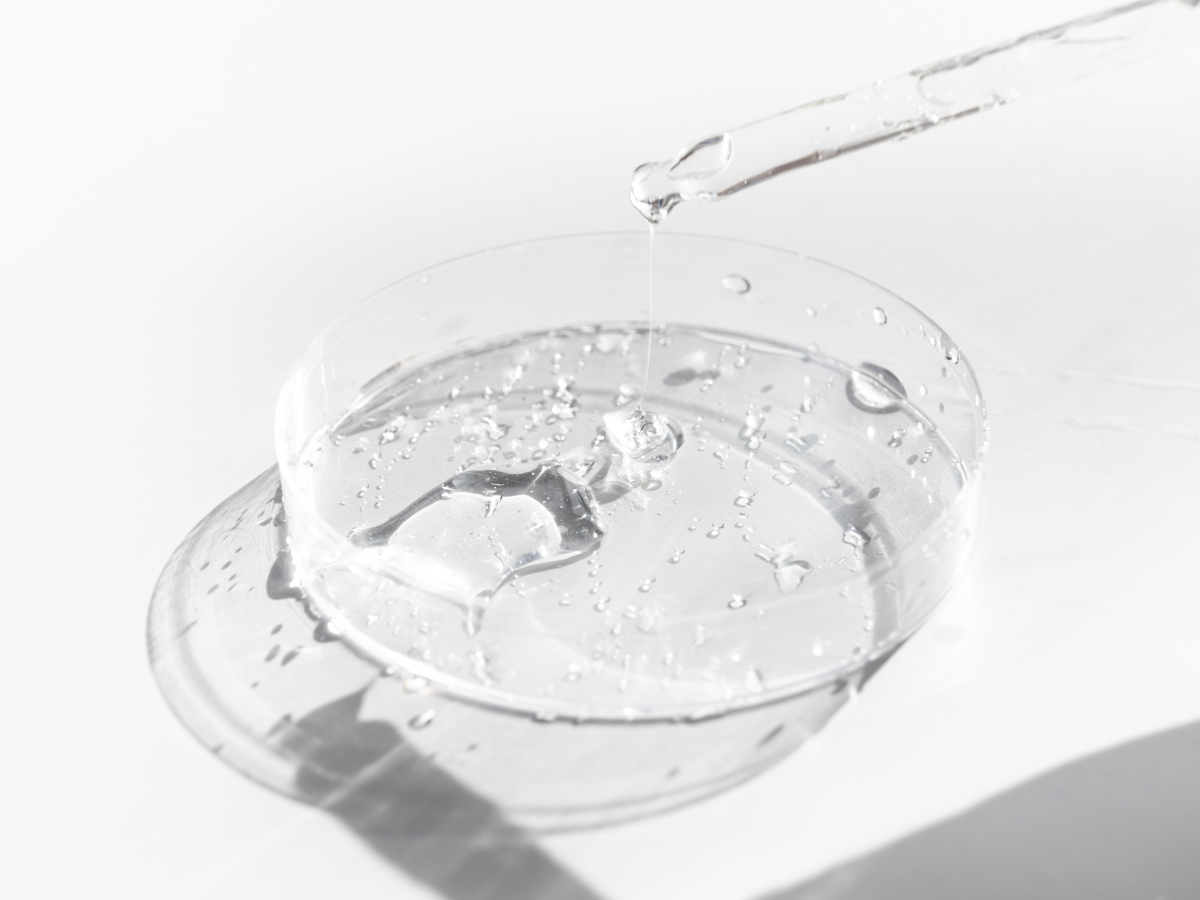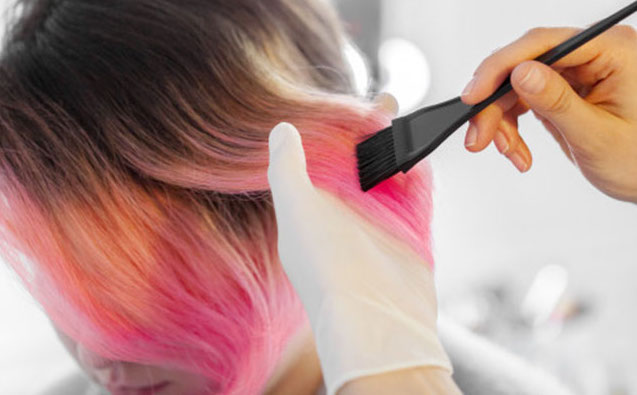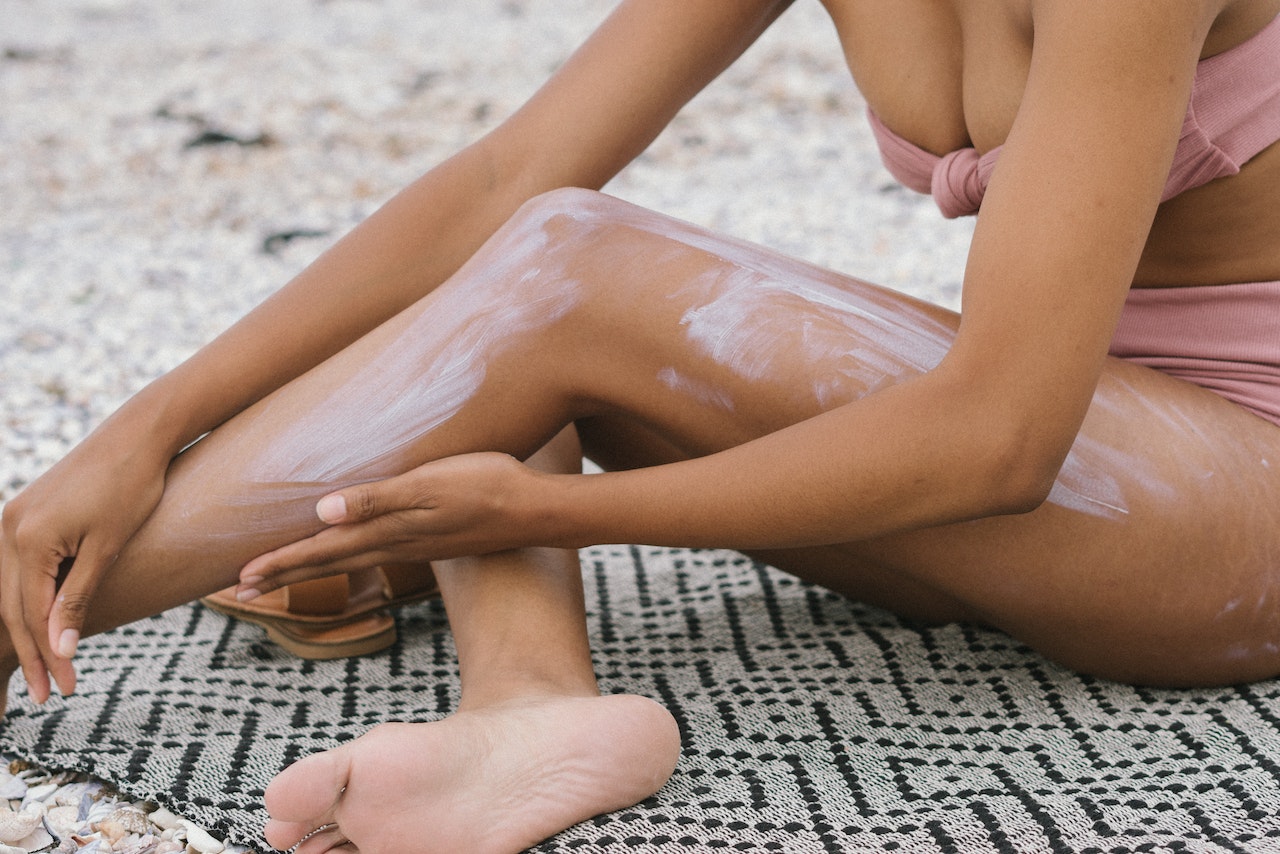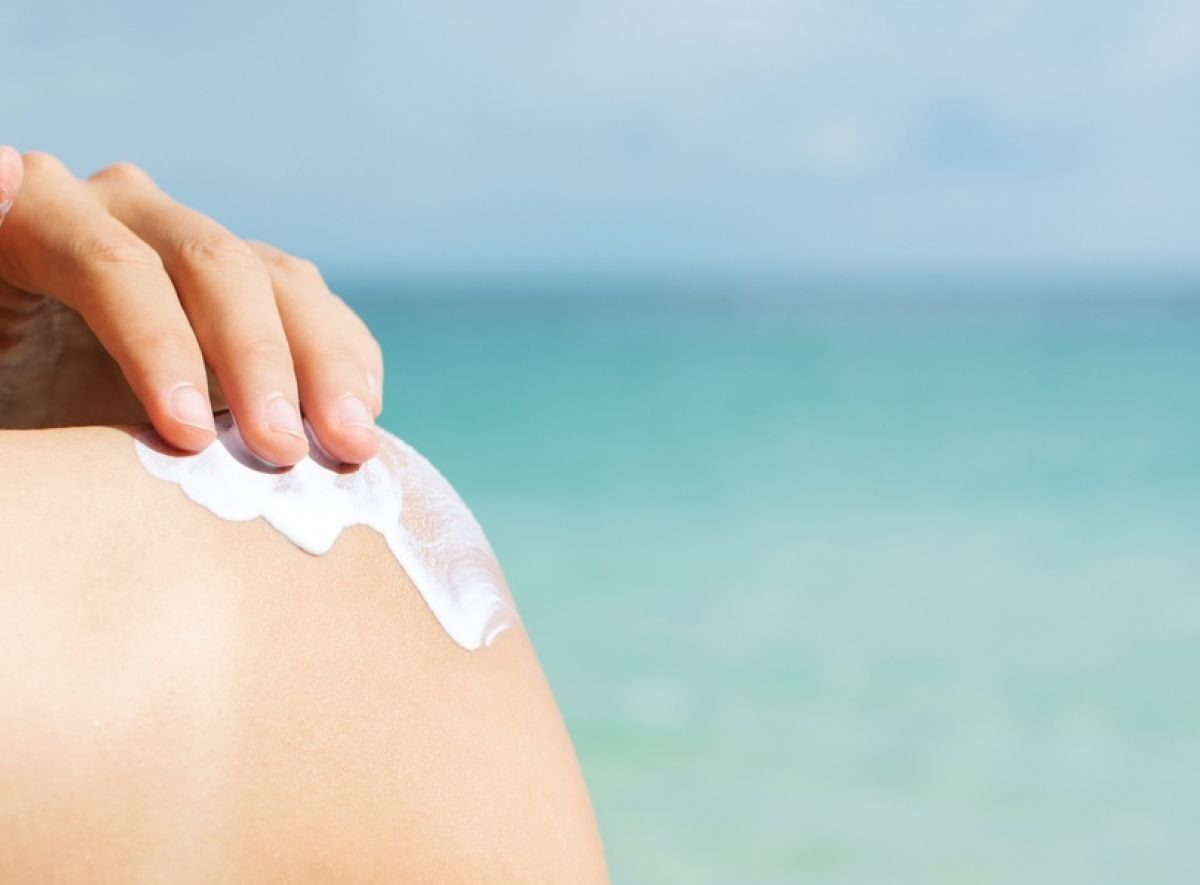CHINESE COSMETICS REGULATION
The implementation of a new Cosmetics Supervision and Administration Regulation (CSAR) has come into force on 1st of January (2021). A pre-market approval system on new cosmetic and new ingredients was implemented in the country and seven important regulations have come into effect: Administrative Measures on Cosmetics Registration and Notification; Provisions for Management of Cosmetic Registration and Notification Dossiers; Provisions for Management of New Cosmetic Ingredient Registration and Notification Dossiers; Cosmetic Classification Rules and Catalogs; Standards for Cosmetic Efficacy Claim Evaluation; Technical Guidelines for Cosmetic Safety Assessment 2021; Inventory of Existing Cosmetic Ingredients in China 2021. (see previous post)
Last year, the National Medical Products Administration (NMPA) released the final versions of the two regulations: Provisions for Management of Cosmetic Registration and Notifications Dossiers (previously called as Instructions for Cosmetic Registration and Notification Dossiers) and Provisions for Management of New Cosmetic Ingredient Registration and Notifications Dossiers. The key goal of such regulations is to standardize and guide the registration and filing of new cosmetic materials and products. The documentation requirements for application, modification, renewal and cancellation of a cosmetic registration and notification are specified on these regulations. (see previous post)
Cosmetics will be classified according to a coding system set out by the Cosmetic Classification Rules and Catalogs. Detailed requirements for qualification for safety assessors, safety assessments and the content in the report are clarified in the Technical Guidelines for Cosmetic Safety Assessment 2021. (see previous post)
SUBMISSION PLATFORM FOR COSMETIC INGREDIENTS SAFETY INFORMATION
NMPA has officially launched the platform for the submission of cosmetic ingredients safety information. On this platform, manufacturers or authorized companies log in and submit information on ingredient safety.
In order to help companies to use the platform correctly and standardize the submissions a Technical Guidance for Submission of Cosmetic Ingredients Safety Information (translation to English is pending) was published.
Spot-checks of the information submitted in the platform will be done by the NMPA. General cosmetics containing skin-brightening ingredients (e.g., phenethyl resorcinol, which is banned) are at this moment the primary focus.
Recently, the NMPA issued a science article which indicated that a draft list of permitted cosmetic whitening agents is being prepared. This will have influence on the definition of whitening cosmetics in the country.
The Chinese legal framework on cosmetics can be tricky and hard to understand, but Critical Catalyst has a team of experts that can help you. Please feel free to contact us using our email info@criticalcatalyst.com.
References:
- China to Release a List of Permitted Cosmetic Whitening Ingredients. Chemlinked. Dec 22, 2021. Available at: https://cosmetic.chemlinked.com/news/cosmetic-news/china-to-release-a-list-of-permitted-cosmetic-whitening-ingredients
- Breaking! China Launches the Long-Awaited Submission Platform for Cosmetic Ingredients Safety Information. Chemlinked. Dec 31, 2021. Available at: https://cosmetic.chemlinked.com/news/cosmetic-news/breaking-china-launches-the-long-awaited-submission-platform-for-cosmetic-ingredients-safety-information?utm_source=edm

